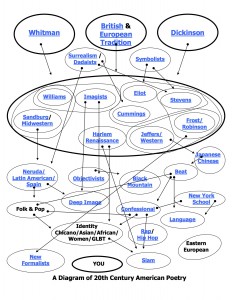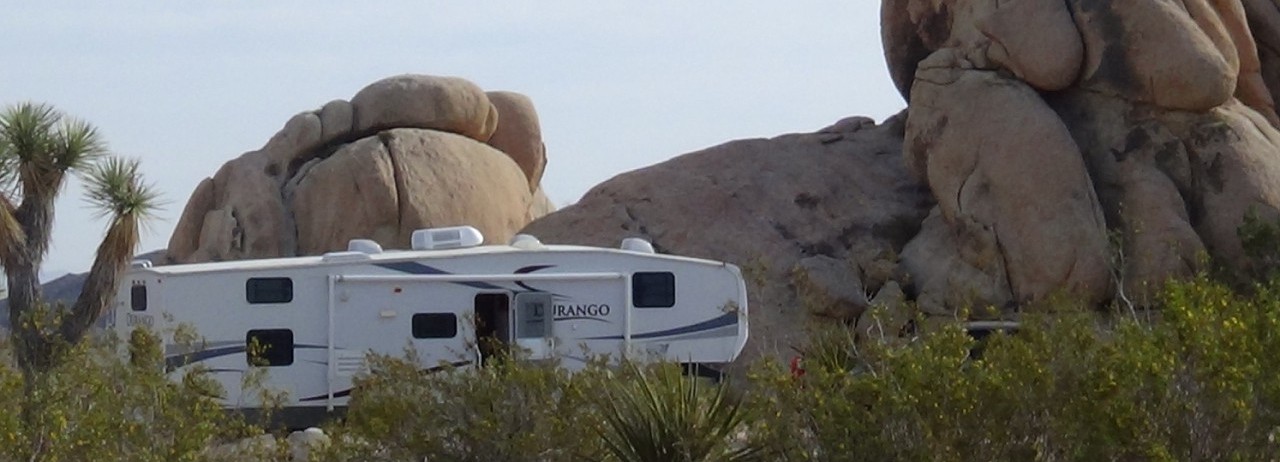So I’ve been thinking about George W. Bush’s repetition of the phrase “Evil Doers.” What does it mean that the person who controlled the world’s most powerful military used such a phrase? To start off with, it means that that he is a person involved with a low level, unsophisticated type of metaphorical thinking. Bush believes in the embodiment of Good and Evil, of God and the Devil. This belief is, of course, a mythology, and a metaphorical way of viewing the world. Except, however, Bush and other fundamentalists believe that their metaphors and mythologies are literally, factually true. Continue reading
Category Archives: ENGL 2307 Poetry
Metaphorical Thought
So far this semester we have been focused on concrete language and the image. I have damned near bullied you about this. “Don’t tell the reader about love, show the reader love so that the reader can feel it.” Continue reading
Types of Diction
In writing poems, you are involved with different types of diction, whether you know it or not. Why become aware of the different types and use them knowingly. In one poem try to stay fairly consistent in the type you employ. In another poem, mix them all up. I took the following list from Classical Rhetoric for the Modern Student, 2nd Diction, Edward J. Corbett. Oxford: Oxford University Press. 1971. Continue reading
Word Values
“Word values” is a term that I have made up to convey a concept usually discussed as “diction.” “Diction” points us toward ideas such as formal and informal language, slang, jargon, and such concepts. And it points us toward the concepts of denotation and connotation. Denotation, you might remember, is the literal dictionary definition of a word. Connotation is the emotional content of the word—its color or hue, to use a metaphor. Continue reading
Poems Should Be Seen and Heard
The first piece of advice I can give is make the reader see and feel the poem. This is pretty basic advice and certainly nothing that I invented. As a beginning writer, I was told to do it. And I suppose everyone else was also. You can try to be different, if you like. But I feel pretty safe in saying you will not get very far as a writer until you give in and realize the wisdom of the advice—show, don’t tell. Continue reading
In the Beginning Is the Image
At this point in the semester–as we begin to write our own poems and share them–I like to emphasize the importance of images to our writing of poems. It seems to me that we have three things to give to readers of poems. You could probably come up with more, but let’s start here: images, sound, and meaning. I’ll start at the end. We can give the reader a great theme or meaning or thought and the reader will overlook a poem’s boring or dull moments. We can give the reader a beautiful poem or striking sounding poem, and he will overlook the fact that he can’t understand it or figure out what happens. Or we can give the reader something to look at, to see, and perhaps to remember. If the images are striking enough, the reader might forgive you even if the poem is nonsense. Continue reading
Below you will find a Mind Map of late nineteenth to early twenty-first century poetry. As you study poetry and continue to practice and develop, I hope you will begin to understand who you are in this history of poetry, whose roots you are growing from, whose branches you are becoming. I have included a prose explanation of the Mind Map at “You and the House of Poetry.”

Before One Knows of Failure, Concerning “I Have Dreamed a Hundred Whispers”
A few times, in teaching creative writing classes, I have presented this poem as a failed poem. I wrote this poem, I think, in 1969, during the summer between my sixteen and seventeenth year. Maybe it was a year later. I think I was in San Antonio on a summer trip with a group of friends associated with a youth organization called The DeMolays. Continue reading
You and the House of Poetry
This little bit of writing is meant to a brief guide the Poetry Mind Map. The Poetry Mind Map is meant to be my little enticement and perhaps even overbearing, parent-ish jib to emphasize what a large and exciting decision it is to become a poet. The minute you declare yourself a poet or even a wanna-be-poet, or part-time poet, you have taken a step into a history. This is really nothing special or singular about being a poet. Continue reading
A Poet’s Bookshelf
Below is a list of books that I can pull off my book shelf when I have a question about poems and poetry. And when I need inspiration. Every poet’s bookshelf is and should be an idiosyncratic affair. I recommend that you visit used bookstores looking for some of these. If you have any suggestions, I would love to learn about your favorites. I have placed asterisks (**) in front of those that I highly recommend as places to begin.
Allen, Donald, Ed. The New American Poetry. New York: Grove. 1960. Continue reading
